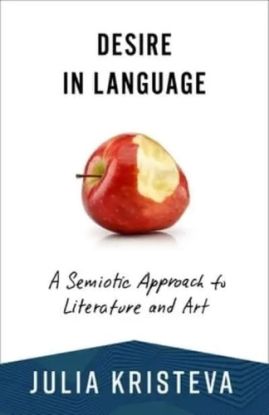Columbia University Press
vydavateľstvo
What I Learned Losing a Million Dollars
Jim Paul's meteoric rise took him from a small town in Northern Kentucky to governor of the Chicago Mercantile Exchange, yet he lost it all--his fortune, his reputation, and his job--in one fatal attack of excessive economic hubris. In this honest, frank analysis, Paul and Brendan Moynihan revisit the events that led to Paul's disastrous decision and examine the psychological factors behind bad financial practices in several economic sectors. This book--winner of a 2014 Axiom Business Book award gold medal--begins with the unbroken string of successes that helped Paul achieve a jet-setting lifestyle and land a key spot with the Chicago Mercantile Exchange. It then describes the circumstances leading up to Paul's $1.6 million loss and the essential lessons he learned from it--primarily that, although there are as many ways to make money in the markets as there are people participating in them, all losses come from the same few sources. Investors lose money in the markets either because of errors in their analysis or because of psychological barriers preventing the application of analysis. While all analytical methods have some validity and make allowances for instances in which they do not work, psychological factors can keep an investor in a losing position, causing him to abandon one method for another in order to rationalize the decisions already made. Paul and Moynihan's cautionary tale includes strategies for avoiding loss tied to a simple framework for understanding, accepting, and dodging the dangers of investing, trading, and speculating.
Vypredané
29,93 €
31,50 €
Cinema/Politics/Philosophy
Almost fifty years ago, Jean-Louis Comolli and Jean Narboni published the manifesto "Cinema/Ideology/Criticism," helping to set the agenda for a generation of film theory that used cinema as a means of critiquing capitalist ideology. In recent decades, film studies has moved away from politicized theory, abandoning the productive ways in which theory understands the relationship between cinema, politics, and art. In Cinema/Politics/Philosophy, Nico Baumbach revisits the much-maligned tradition of seventies film theory to reconsider: What does it mean to call cinema political?
In this concise and provocative book, Baumbach argues that we need a new philosophical approach that sees cinema as both a mode of thought and a form of politics. Through close readings of the writings on cinema by the contemporary continental philosophers Jacques Ranciere, Alain Badiou, and Giorgio Agamben, he asks us to rethink both the legacy of ideology critique and Deleuzian film-philosophy. He explores how cinema can condition philosophy through its own means, challenging received ideas about what is seeable, sayable, and doable. Cinema/Politics/Philosophy offers fundamental new ways to think about cinema as thought, art, and politics.
Vypredané
40,80 €
42,95 €
Desire in Language
Desire in Language presents a selection of Julia Kristeva's essays that trace the path of an investigation, extending over a period of ten years, into the semiotics of literature and the arts. Probing beyond the claims of Sigmund Freud, Jacques Lacan, and others, Kristeva proposes and tests theories centered on the nature and development of the novel, and on what she has defined as a signifying practice in poetic language and pictural works. Desire in Language fully shows what Roman Jakobson has called Kristeva's "genuine gift of questioning generally adopted 'axioms,' and her contrary gift of releasing various 'damned questions' from their traditional question marks."
Vypredané
30,15 €
33,50 €


